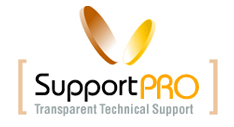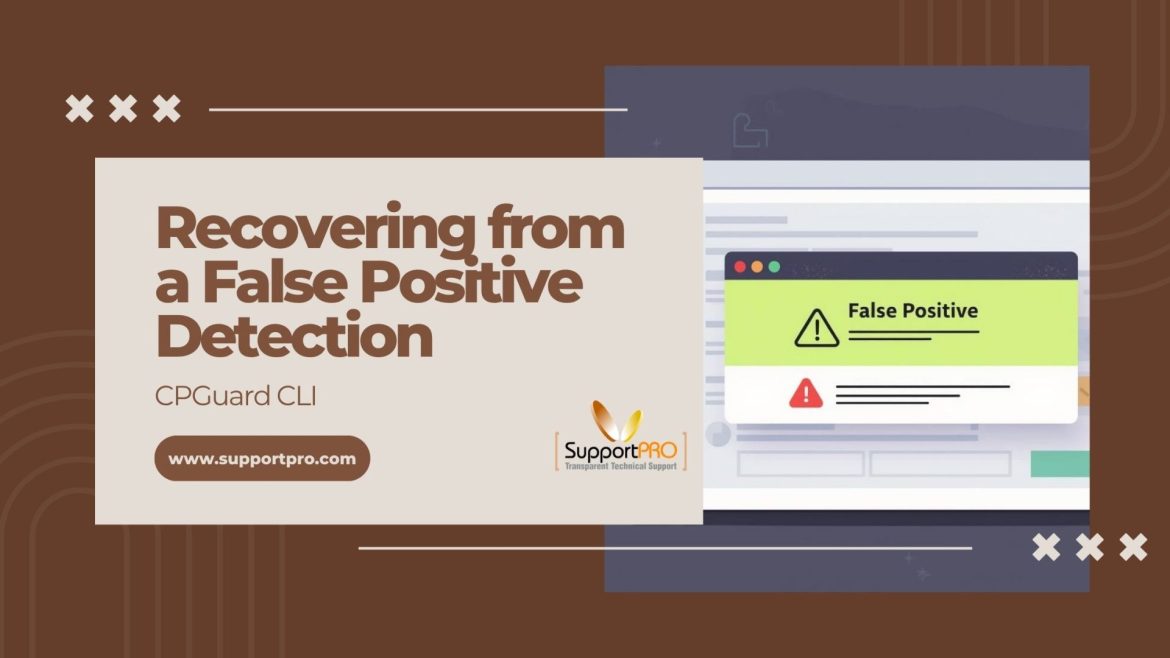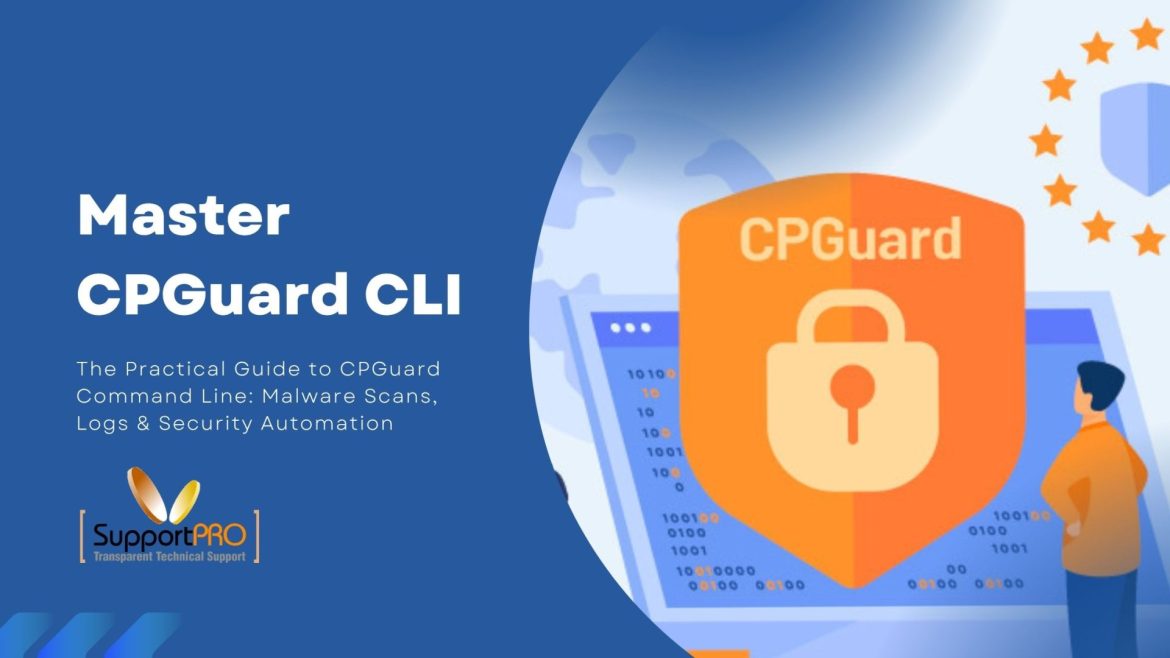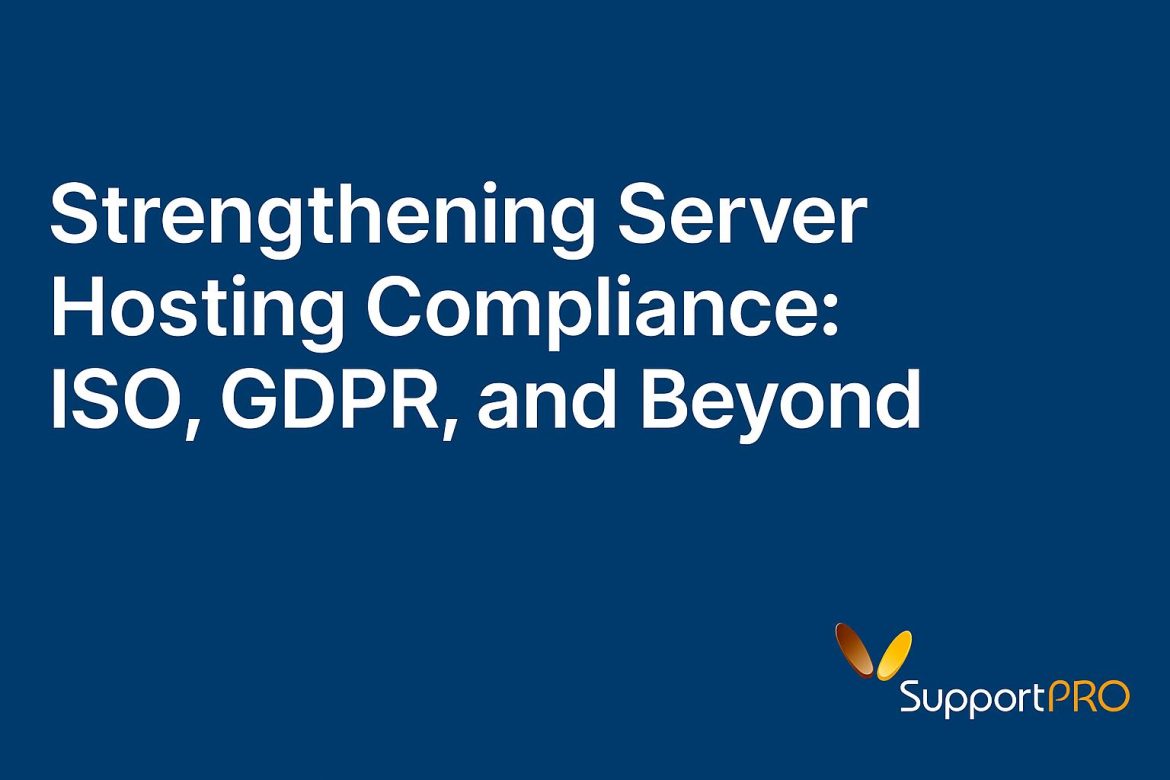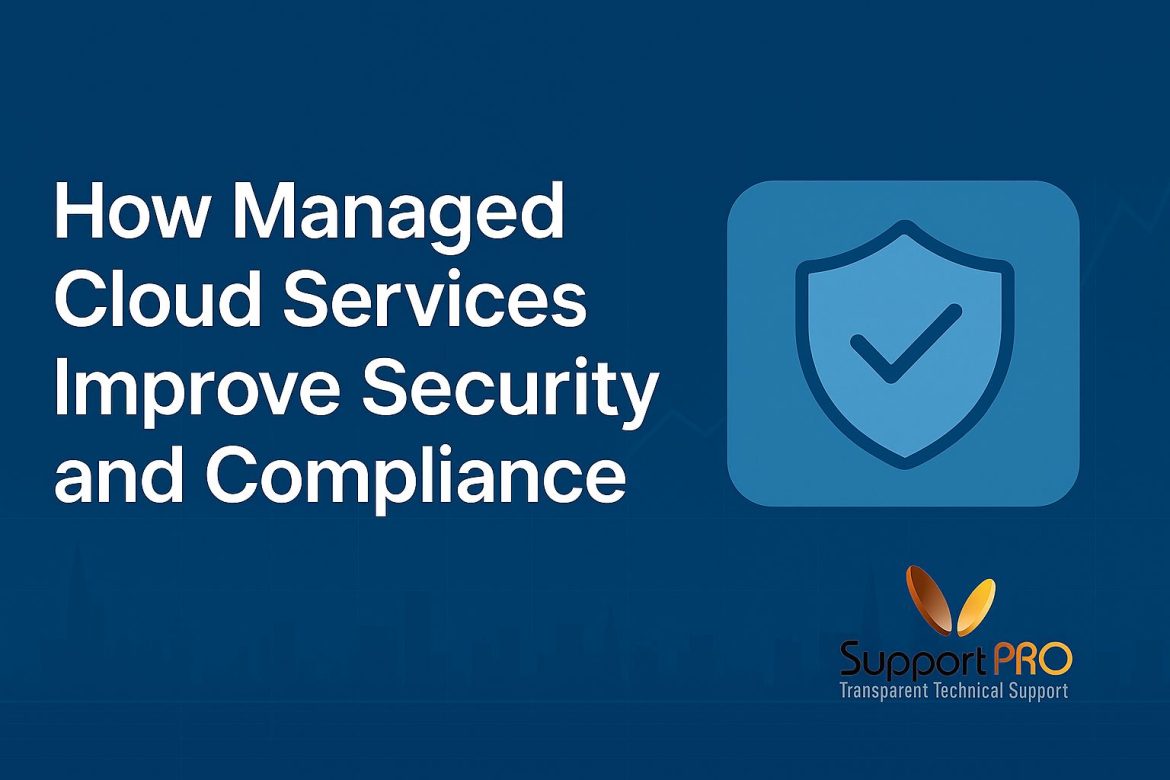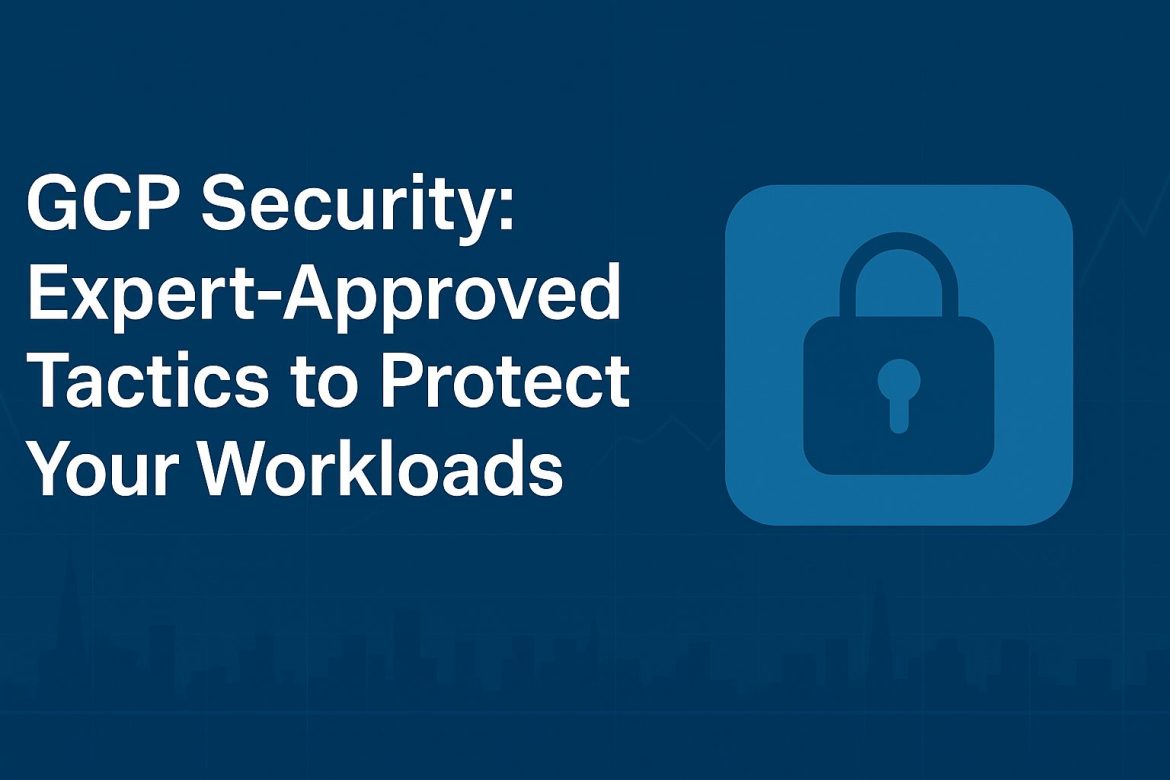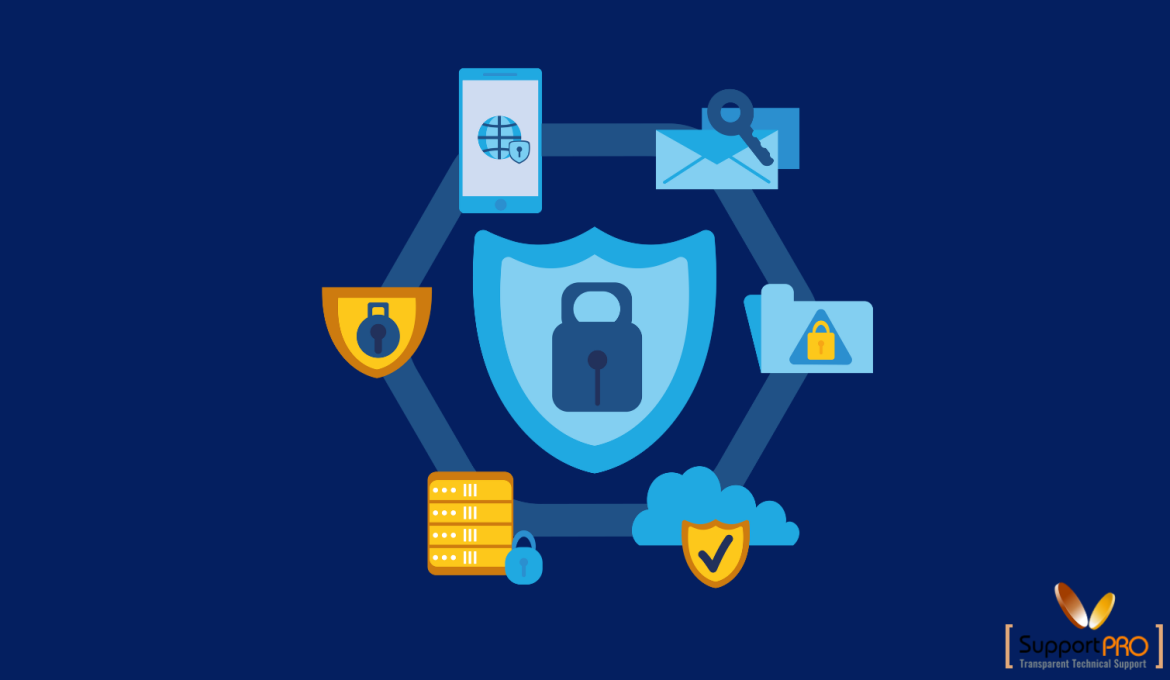In modern production environments, Access key are the lifeblood of secure communication between systems, services, and applications. They authenticate workloads, unlock APIs, and enable automation. Even though they play a critical role, access keys are frequently mishandled—kept the same for long periods, passed around between teams, or placed in locations where they shouldn’t be stored. When a key is compromised, the consequences can be catastrophic: data breaches, unauthorized access, service outages, and long‑term reputational damage. 1. Importance of Access Key Rotation : From a technical point, access keys is similar …
Security
If you run a cPanel server, you know the drill. It’s a constant battle—malware, spam, brute-force attacks, SYN flood attempts, DDoS threats, endless updates, and clients who expect things to “just work.” The last thing you need is waking up to a hacked website, seeing your IP dumped on a blacklist, or compromising your server security and network protection. That’s where cPGuard security suite comes in. It’s built specifically for web hosting security, shared hosting protection, and Linux server hardening, and honestly, it’s a lifesaver. So, what does cPGuard actually …
If you’ve been running CPGuard for a while, you’ve probably seen it happen that a clean file gets flagged as “infected.”Don’t panic. It doesn’t mean your site’s hacked. It’s just a false positive, and even the best malware scanners do that sometimes. The good news? CPGuard gives you full control through its command-line tool, so you can check what got caught, verify it’s clean, and bring it back in just a few commands. Here’s how I usually handle it when it happens on a client’s server.
If you’ve ever wrangled a server or run your own hosting setup, you already know: security isn’t optional. You need solid protection, and that’s where CPGuard comes in. It’s a tough, feature-packed security suite built for web servers. Sure, it plays nice with control panels like cPanel and DirectAdmin, but what really sets it apart for power users is the Command Line Interface—the CLI. If you like working straight from the terminal, this is your playground. Let’s dig in. I’ll show you how to get around the CPGuard CLI, use …
Introduction Information is perhaps the greatest asset of a company in today’s digital age. Companies count on their hosting companies to store information safely and according to worldwide standards, and keep servers in their best shape. Hosting firms bear tremendous responsibility for sensitive information, such as financial transactions, customer data, and mission-critical applications.Legally, compliance is no longer a checkmark. Compliance frameworks such as the General Data Protection Regulation (GDPR) and standards such as ISO certifications show clients that their information is cared for and handled with caution. These standards are …
With cloud computing taking centre stage for modern digital business operations, a bundle of associated tasks have become a mainstay such as ensuring compliance and security. With cyberthreats evolving everyday, becoming more and more sophisticated the need to proactively stay ahead of potential threats is critical, irrespective of business size. This demands in-depth knowledge of what your business needs and the relevant upgrades and modifications. While in-house teams can help a little, managed cloud services offer an unmatched level of precision and agility. In this article we help you learn …
The rising penetration of the cloud and the need for securing workloads of the Google Cloud Platform are the need of the hour. GCP also provides a strong foundation for security controls. As such, customers have a responsibility to implement workload-specific security controls that rectify misconfiguration, unauthorized use, and growing threats. The increasingly complicated cloud structures and flexibility of services make security prioritization critical for evaluating deployment patterns of the future. Equally vital is maintaining agility and scalability through a combination of strategic monitoring and operational efficiency through best support …
In today’s digital landscape, cyber threats are evolving rapidly, making server and website security a top priority for businesses and individuals alike. Hackers deploy various attack methods—such as DDoS attacks, SQL injections, cross-site scripting (XSS), and malware infections to exploit vulnerabilities. Fortunately, several software tools can help prevent these attacks and safeguard your online assets. This blog explores essential security tools that protect servers and websites from cyber threats while ensuring performance and reliability. 1. Web Application Firewalls (WAFs) A Web Application Firewall (WAF) acts as a security checkpoint for …
WordPress powers over 40% of the web, making it one of the most popular content management systems (CMS) in the world. With this popularity, however, comes a significant challenge: ensuring the security of WordPress websites. One of the most common vulnerabilities in WordPress is found in plugins. WordPress plugins are pieces of software that extend the functionality of a website, but they also present potential security risks. Vulnerabilities in these plugins can allow attackers to exploit a site and cause damage ranging from defacement to complete site compromise. The Importance …
In today’s world, where cyber threats are evolving at an alarming rate, security isn’t just an option—it’s a necessity. For business owners, prioritizing security is not only about protecting infrastructure but also about building trust with your clients. A single breach can tarnish your reputation, lead to financial losses, and even legal consequences. This blog dives into why security should be at the top of your agenda and how to protect your client’s data effectively. The risks are greater than ever. Cyberattacks are becoming more sophisticated, targeting businesses of all …
